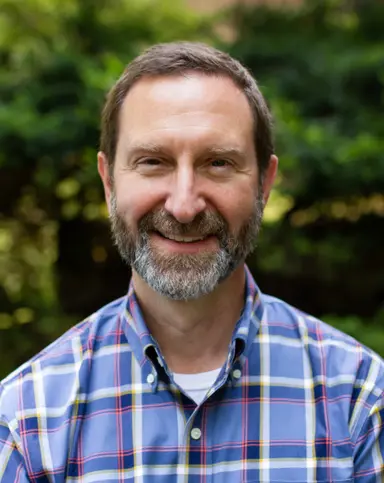This is part 4 of a 4-part series: Part 1 | Part 2 | Part 3
“Knowledge is power.” How many times have we heard that phrase? As Christians we really don’t believe it. Or do we? In this final installment of a series using Zack Eswine’s book Sensing Jesus as a launching pad, I am looking at the temptation toward omniscience, to be a “know-it-all” in life and ministry. Ever since the serpent tempted Adam and Eve to be like God by eating of the tree of the knowledge of good and evil, we humans have had a skewed view of knowledge.
Where does this come out in our lives?
- We think we know ourselves better than we do. This can make us prickly and defensive when others offer critique. But just because we have a clear conscience doesn’t mean we’re OK. Even the apostle Paul reserved final judgment of his thoughts and motives to the Lord: “My conscience is clear, but that does not make me innocent. It is the Lord who judges me” (1 Cor 4:4).
- We think we know each other better than we do. We are quick to make snap judgments. We have tendencies to “sort” people into different categories, not unlike Simon the Pharisee in Luke 7. “Knowing in sorts not only has a tendency to make us impatient with another’s humanity, but it also fosters blind spots in us” (125).
- We think everyone would agree with us if they just knew what we know as truth. Personal interaction too often becomes about persuasion, not listening and learning. When someone still doesn’t see it our way, we assume we’re right. We get a “my way or the highway” reputation and people learn to steer clear.
- We think that knowledge equates with godliness. We become experts in the minutiae of texts and doctrines, but the “minutiae” of our lives—the daily small interactions with others—lack the fruit of the Spirit. Paul reminds us in 1 Corinthians 13 that knowledge without love is nothing.
- Realize we walk around with planks in our eyes (Matt 7:1-5). We may acknowledge specks, but who really wants to admit that in his partially blind state he is swinging a 2 x 4 around crashing windows, damaging furniture, and knocking into others?
- Embrace that we are all the “sort of people” who desperately need the grace of Jesus. If we get this, then we will be “quick to listen, slow to speak, and slow to become angry” (James 1:19). If we get this, then we will give others the room to grow. Here are two diagnostic questions: “How do you handle it when other people get things wrong? Does anyone you serve have room to make a mistake?” (132) Jesus is so much more patient with us than we are with each other!
- Realize that sanctification is much more about loving the people in front of you than in amassing biblical and theological knowledge. Watch closely your life, not just your doctrine (1 Tim 4:16). Take the humble risk of asking your family and friends, “Where do you see the gaps between my professed knowledge and my practice?”
- Resist the urge to be an information junkie. We have more knowledge at our fingertips than at any other time in history. This has benefits of course, but it fosters the idea that more knowledge leads to more control, more influence, more godliness. Yet, it can lead to a kind of “spiritual ADD” in which we bounce from blog to book to sermon in ways that don’t promote deep engagement and growth. (I know I face that temptation based on the accumulating pile of “must read” books on my desk!)
- Embrace the vulnerability of partial knowledge. If we “know in part”—in our parenting, in our counseling, in our decision-making—we must move toward our God for his wisdom in these arenas.
- Take great care in decision-making. Eswine urges us to ask three questions: (1) Is this the right thing? (2) Is this the right way to do this? He notes, “The right thing done the wrong way demonstrates a lack of pastoral wisdom and care” (148). (3) Is this the right time to do this? “Implementation of the right things in the right way requires timing decisions with patient consideration of human capacity” (152).


